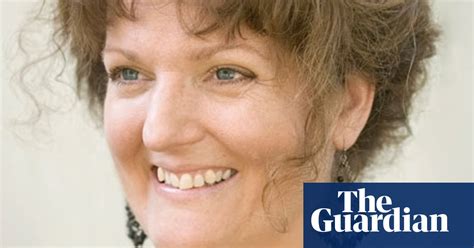A Quote by Richelle Mead
Isaiah rolled his eyes. "Good God. What a noble lot. You're all Spartacus, aren't you?
Related Quotes
Radley rolled his eyes. He actually rolled his eyes at my father. Alpha of the south-central territory and head of the Territorial Council. Sure, I did that all the time but I'd also peed on his lap when I was two. No one else got away with such disrespect toward an Alpha, which meant Radley either didn't know who my father was, or didn't care
Seriously?" I shrugged. "He can't suspect much if every time we're alone instead of talking I have my way with him." Cole shook his head. "You don't think it'll work?" I asked. He rolled his eyes. "Vayl might be a vampire, but he's also a guy. Who's about to be deliriously happy. Good God, if you work this right, he won't even be mad if finds out because of the way you decided to hide it from him.
The Prophets Isaiah and Ezekiel dined with me, and I asked them how they dared so roundly to assert, that God spoke to them; and whether they did not think at the time, that they would be misunderstood, & so be the cause of imposition. Isaiah answer'd, I saw no God, nor heard any, in a finite organical perception; but my senses discover'd the infinite in every thing, and as I was then persuaded, & remain confirm'd; that the voice of honest indignation is the voice of God, I cared not for consequences but wrote.
It was truly very good reason that we should be beholden to God only, and to the favour of his grace, for the truth of so noble a belief, since from his sole bounty we receive the fruit of immortality, which consists in the enjoyment of eternal beatitude.... The more we give and confess to owe and render to God, we do it with the greater Christianity.
Isaiah 55 provides an entirely different framework for thinking about God's justice, because it suggests that we have it backward - the mystery lies not in God's unfathomable wrath but in his unfathomable mercy. God's ways are higher than our ways because his capacity to love is infinitely greater than our own. Despite all that we do to alienate ourselves from God, all that we do to insult and disobey, God abundantly pardons again and again.
Isaiah is by far the finest and least objectionable of the seventeen prophets whose supposed productions form the latter part of the Old Testament. A distinctly higher moral tone appears in the writings called by his name, and this is especially noticeable in the 'Second Isaiah,' who wrote after the Babylonish captivity.
The generation of Isaiah did not require the detailed description; his account, "I saw the Lord," &c., sufficed. The generation of the Babylonian exile wanted to learn all the details. ...Isaiah was so familiar with it that he did not consider it necessary to communicate it to others as a new thing, especially as it was well known to the intelligent.
Isaiah was so attuned to God, because of the great crisis he had just endured, that the call of God penetrated his soul. The majority of us cannot hear anything but ourselves. And we cannot hear anything God says. But to be brought to the place where we can hear the call of God is to be profoundly changed.

































